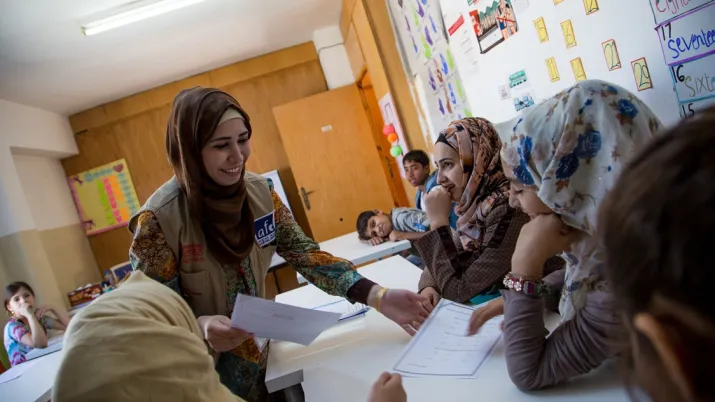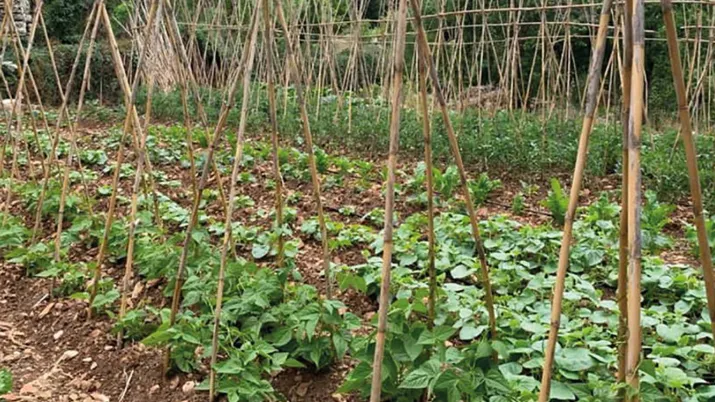Share the page
Lebanon

AFD Group has become a key stakeholder in the Lebanese landscape through the historical relationship between France and Lebanon. Over the years, AFD has established itself as a recognized partner for Lebanon’s institutional actors and civil society as well as international donors. Its action aims to reduce vulnerabilities and assist the country towards a more balanced and sustainable development path in a context of regional crisis.
Context
Lebanon is a small country in the heart of the Middle East with a surface area of 10,452 km2. It has a number of assets and a relatively high Human Development Index (0.73 in 2019). But the country is currently faced with multiple shocks. In addition to the socioeconomic and financial crisis, the first effects of which were felt back in 2019, there are the consequences of the Covid-19 crisis and the explosion in the Port of Beirut on 4 August 2020, against a backdrop of political deadlock and tensions. This context requires an approach integrating short-term emergency issues while planning for the future.
AFD Group’s action therefore has two objectives: help Lebanon cope with the shocks and lay the foundations for a State working for the wellbeing of its populations. It targets:
- The most vulnerable populations, be they Lebanese nationals or refugees. Special attention is paid to women and young people.
- Stakeholders capable of driving change and contributing to building the Lebanon of tomorrow.
AFD works closely with a wide range of stakeholders, especially the Lebanese civil society actors, to achieve five strategic objectives:
- Improve equitable access to quality education and vocational training, and to employment,
- Promote equitable access to quality healthcare and care for psycho-social disorders,
- Develop access to quality water and sanitation services and improve their governance mechanisms,
- Strengthen the population’s resilience and support economic revival by prioritizing inclusive territorial development,
- Support reforms for good economic and financial governance.
Lebanon is also the main country of operation of Expertise France. Up until the crisis in 2019, Proparco also had a sustained level of activity, driven by the dynamism of Lebanon’s private sector.
AFD Lebanon agency is part of the Middle East Regional office.
Our approach
"AFD and Lebanon: reducing vulnerabilities"
A longstanding stakeholder in the sector in Lebanon, AFD Group is continuing its efforts to support education and vocational training for vulnerable people. The objective is to empower young people and to give them opportunities in Lebanon, while devoting special attention to the promotion of the French language. Our action contributes to maintaining access to education (both public and private) and training, with a priority set on the integration into the labor market.
AFD therefore supports the development of vocational training provision. For example, the Maharat Li Loubnan 2 project offers technical baccalaureate curricula and short-term courses benefitting 2 200 people. AFD is also financing the construction and equipment of a new building for the National Conservatory of Arts and Crafts (CNAM) in Beirut, designed to receive 5 800 students.
AFD helps maintain the most vulnerable children in the school system through a school-feeding program which benefits 6 700 students and another school retention support program, The Natafaal project, which improves the school environment and the quality of teaching and learning for 12 000 students and 600 teachers approximately.
The Group also supports entrepreneurs and small and medium-sized enterprises in order to maintain employment and reduce social tensions. One example is the Ruwwad project in the city of Tripoli.
The influx of refugees, the socioeconomic crisis and the Covid-19 pandemic have put heavy pressure on Lebanon’s public health system. AFD group is taking decisive action to help consolidate Lebanon’ public health systems by ensuring support for its institutions and public policies, and by improving equitable access to quality healthcare. AFD also takes into account issues related to the mental health and psychosocial well-being of people.
AFD is supporting 12 primary healthcare centers to improve access to healthcare for 200 000 people. It also sustains two public hospitals: Rafik Hariri University Hospital, securing emergency care for 9 000 patients yearly, and the Quarantina Hospital providing up to 2 000 hospitalizations and 25 000 consultations a year.
Our support covers the medical fees of vulnerable patients, as a direct response to their urgent needs. We integrate in our projects activities that have a structural impact on public health policies in order to strengthen the sustainability of the system. For example, AFD is supporting the development of a standard healthcare offer that will be deployed nationwide by the Ministry of Public Health, as well as the institutionalization of the National Mental Health Program.
Lebanon has water resources whose potential remains largely untapped. It is also faced with a lack of wastewater treatment. AFD’s action aims to develop access to services and good governance in the water and sanitation sector. Our objectives are:
- Maintaining the quality of the service in the areas served, and extending access across the country. AFD plays a key role in improving the sector’s coordination.
- Improving the sector’s governance (legal, financial and administrative), enhancing the performance of services and operators (with a focus on capacity building for the Water Establishments), and increasing equitable access to services across the country (scarcely served areas hosting vulnerable populations). Special attention is paid to the protection and resilience of water resources.
In Lebanon, rural areas are marked by a deterioration of natural resources and a lack of dynamism in the agriculture sector. AFD Group’s action aims to develop territories and support sustainable agriculture in order to create jobs and ensure the country’s food security. AFD finances actions to maintain employment and local production, as well as social resilience projects for the most vulnerable populations (such as social safety net projects). These actions are coordinated with land-use planning programs (including access to basic services) and natural resources management (including disaster risk management).
The country’s development is also marked by growing and often poorly controlled urbanization, which accelerates the deterioration of natural resources, public infrastructure and the historical heritage. To address these issues, we promote economic regeneration and social cohesion, particularly through “double dividend” neighborhood-based approaches, combining infrastructure construction (housing, access to services, public/shared spaces) and strengthening social cohesion. Our actions also contribute to reinforcing the residents’ role in the governance and investment choices.
AFD Group is helping Lebanon develop its modes of governance, in particular in terms of economic and financial reforms. We are supporting certain essential reforms, such as the public procurement reform. The measures financed aim to:
- Strengthen the foundations of a sustainable and appropriate management of public resources, and improve the institutional context so that the public sector is able to provide the services expected by people.
- Support the public sector’s modernization efforts, strengthen its role as regulator in the various economic sectors, and enhance market efficiency.
AFD also supports independent civil society actors, which are drivers for the accountability and transparency of public authorities, such as the media with the Qarib project and Lebanese NGOs with the Shabaké program (Phase 1 & Phase 2).
In addition, we are supporting the discussions on the reform and reconstruction of the Port of Beirut.
In the field
Below, find the country's projects, news, publications, and contact details in one click.
Projects

News & Press Releases
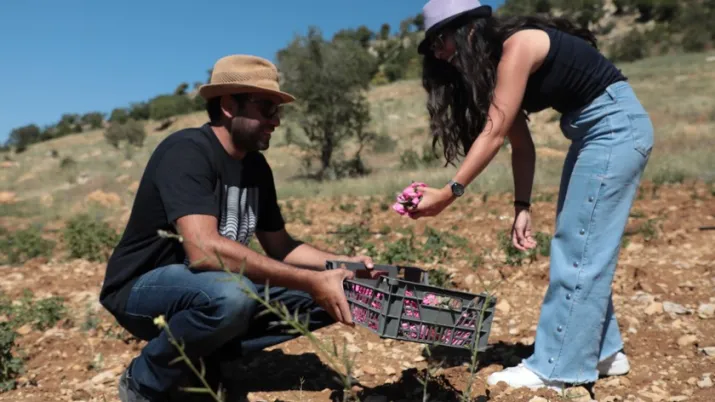
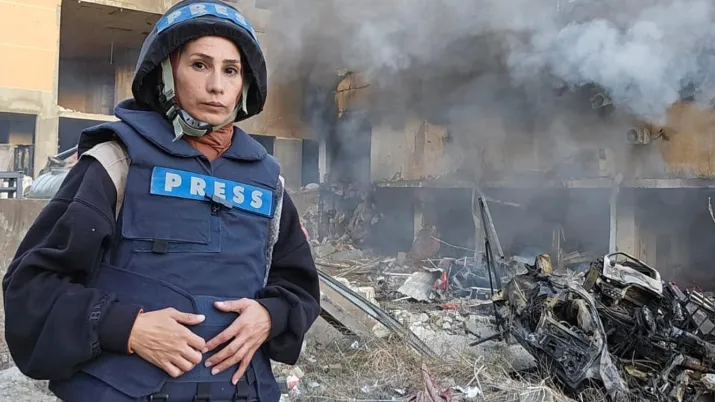
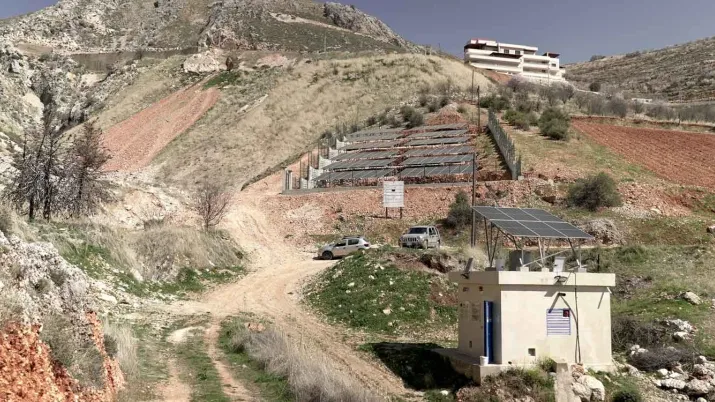
Publications & Media
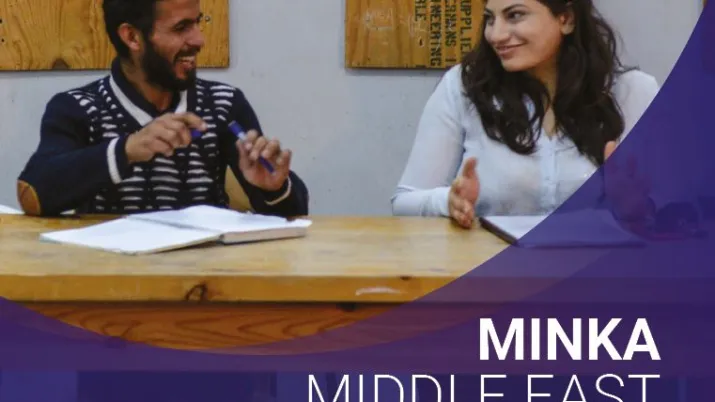
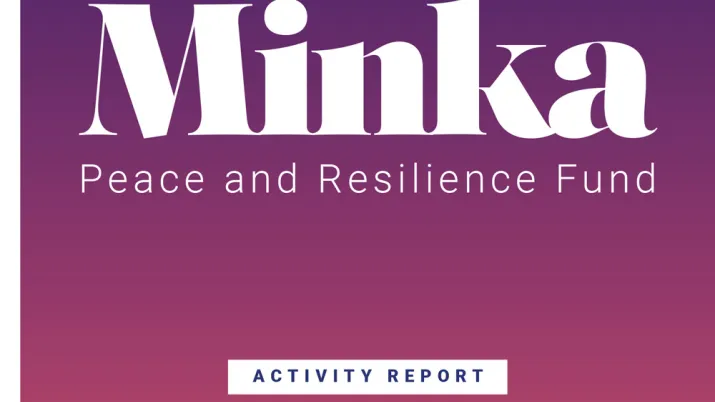
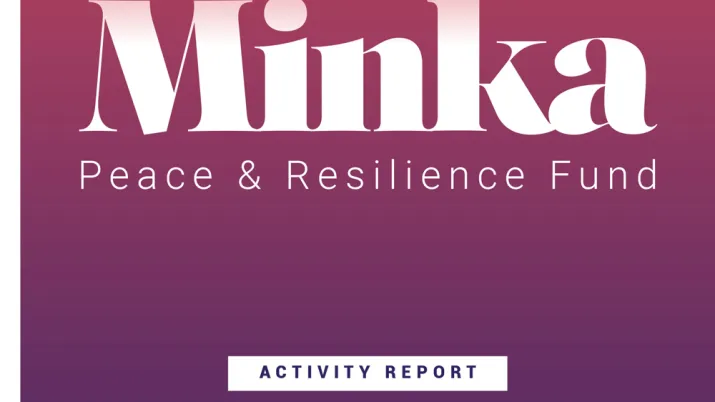
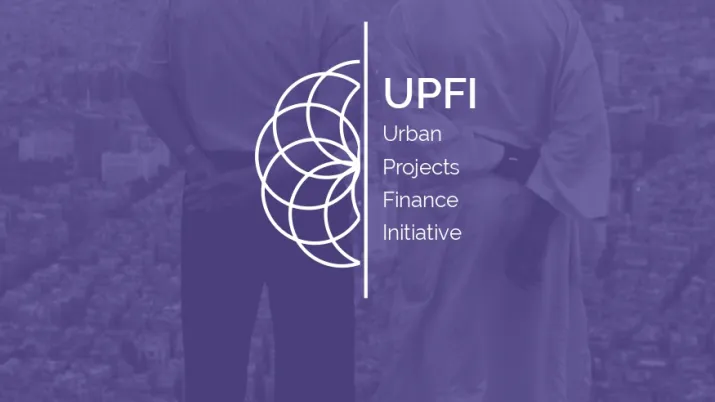
Key figures
-
40 ongoing projects
-
1,23 billion euros committed since 1999

